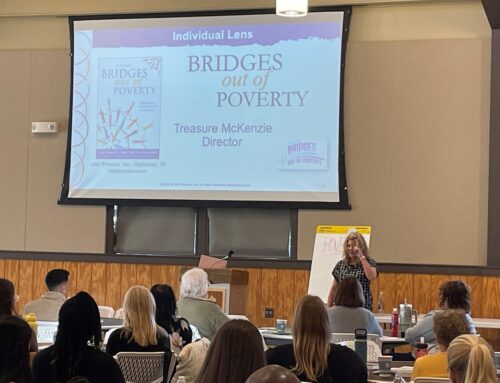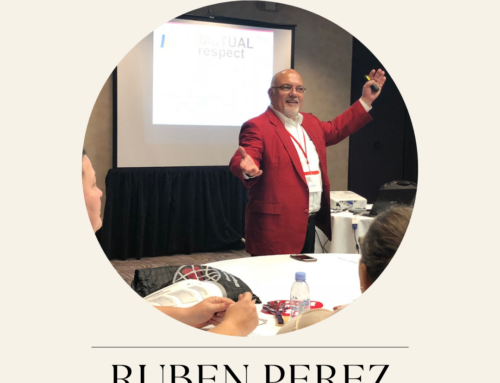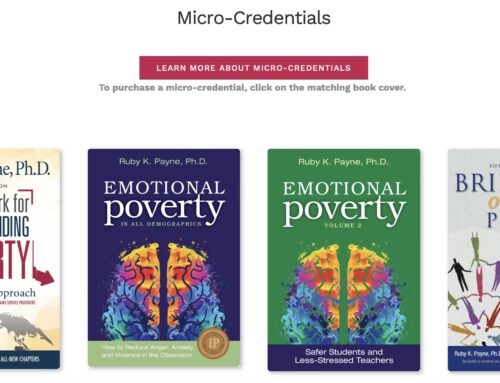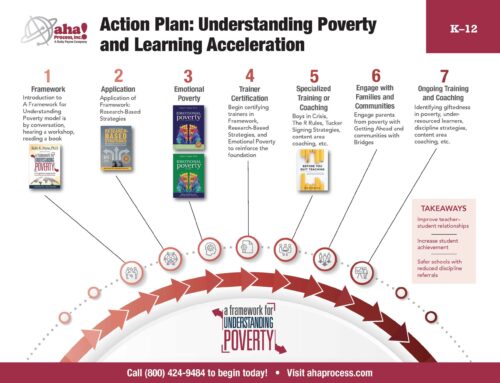This week marks the 5oth anniversary of the war on poverty which was launched by Lyndon B. Johnson in his 1964 State of the Union address. The anniversary has sparked a small media frenzy and many musings on what has worked or not worked in this ongoing battle. I have been on the front lines of this war for over 2o years and have strong opinions on how the war will be won.
One of the reasons that poverty has never been successfully addressed is because there is no agreement on causation. All disciplines move through three stages – classification (where things are named), to correlation (how they work together), and then to causation. In the research on poverty, there are four distinct research bases on poverty – behaviors of the individual, resources of the community (jobs), exploitation (racism, sexism, pay day lenders, etc) and political and economic systems.
These research bases have been politicized. If you are on the political right, you think it is about the first two research bases (individual behaviors and jobs). If you are on the political left, you think it is about the last two research bases (exploitation and systems). The truth is that it is about all four. And if legislation only addresses one research base, it typically does not work.
Furthermore, the legislation has gotten stuck in social determinism theory. In the early 1800’s, we believed in genetic determinism. Who you were and what could happen to you was determined by genetics. Then the women’s and minority movements started that they basically said – it doesn’t matter what you inherit, if you are not allowed to vote, be educated, or own property, it doesn’t matter. That became known as social determinism , i.e. society holds you back. Beginning in the 1920’s, there has been a great deal of research on cognition and brains – MRI, artificial intelligence, robotics, etc. And now the research base most identified is called epigenetics – the marriage between your environment and your DNA.
In our work, www.ahaprocess.com, we address all four research bases. In my book, A Framework for Understanding Poverty, we give a accurate mental model and language for the reality of being under-resourced. When a person’s resources are unstable, the rules of survival are very different. I have spoken around the world, and regardless of the degree of poverty, the closer you are to survival, the more you will follow basic rules of survival.
What helps a person transition out of poverty is education, employment, and social bridging capital (meeting people different than you are). In addition, it becomes critical for the resourced to understand the barriers that exist to prevent transition and help remove those.
To point fingers and assign blame will never solve the problem.








